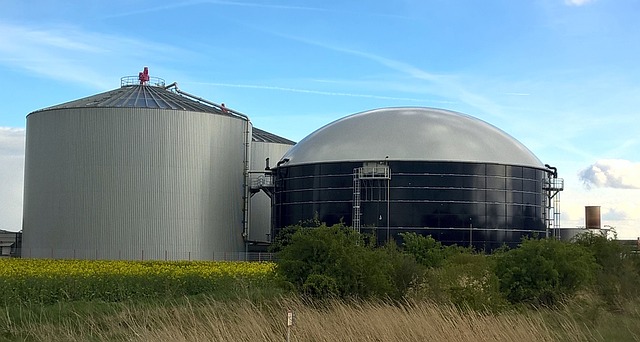The Green Revolution: Biogas – Transforming Transport Sustainability and Rural Development
In a world increasingly aware of the environmental impacts of traditional fuels, biogas stands out as a beacon of hope for both transport sustainability and rural development. Harnessing the power of organic waste, biogas not only offers a renewable energy source but also paves the way for a more sustainable future, especially in rural areas where opportunities for growth and development are often limited.
Transport Sustainability
Imagine a future where our vehicles run on clean, renewable energy, minimizing the carbon footprint we leave behind. Biogas provides a remarkable alternative to fossil fuels in transportation. Produced from organic materials such as agricultural waste, manure, and food scraps, biogas can be upgraded to biomethane, which is suitable for fueling buses, trucks, and even cars. This switch not only reduces greenhouse gas emissions but also fosters energy independence.
By investing in biogas infrastructure, communities can transition to sustainable transportation networks that rely on locally-produced energy. This reduction in reliance on imported petroleum reduces vulnerability to fluctuating fuel prices, while promoting energy security and stability in rural regions. With public transport powered by biogas, the air quality in towns and cities can improve significantly, leading to healthier environments for all residents.
Rural Development
Biogas is more than just a clean fuel; it represents a significant opportunity for rural development. In many rural areas, waste is abundant, and transforming this waste into biogas can create a circular economy. Local farmers can convert livestock manure and crop residues into energy, providing them with an additional income source, while also addressing waste management issues head-on.
The establishment of biogas plants can create job opportunities in the construction and operation of facilities, fostering economic growth in these communities. This shift not only addresses energy needs but can also enable farmers to use the by-products of biogas production—such as organic fertilizers—to improve soil health and increase crop yields. In essence, biogas empowers farmers, enhances food security, and revives the vibrancy of rural economies.
A Community Effort
For the full benefits of biogas to be realized, community involvement and support are vital. Education about the advantages of biogas can encourage more people to participate in these initiatives. Local governments, environmental organizations, and community groups can collaborate to build awareness and share knowledge about biogas technologies, creating a network of informed citizens ready to embrace this green revolution.
Moreover, innovative financing options, such as government subsidies and partnerships with private investors, can make biogas projects more accessible. When communities come together to invest in biogas infrastructure, they not only bolster their local economies but also take meaningful steps towards a sustainable future.
As we stand on the brink of a new era in energy, biogas shines through as a versatile solution that tackles two pressing challenges: transport sustainability and rural development. By unlocking the potential of this renewable resource, we can cultivate a cleaner, more resilient world for generations to come.




